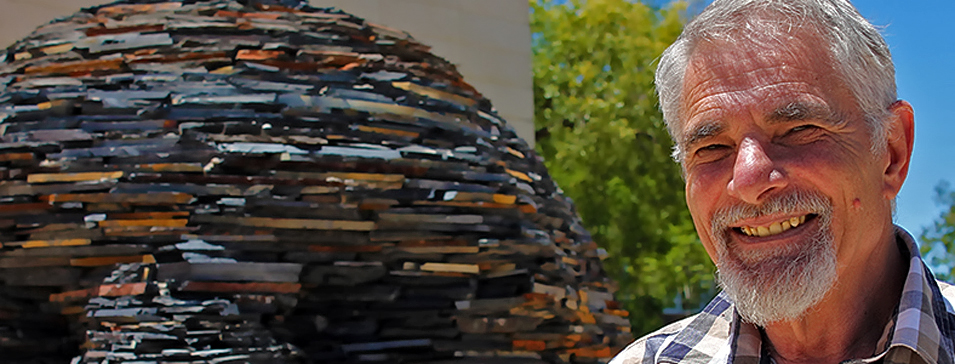Latest News Archive
Please select Category, Year, and then Month to display items
23 April 2020
|
Story Cornelius Hagenmeier
|
Photo Pixabay

The iKudu project, which is an European Union-funded Capacity Building in Higher Education (CBHE) project, has recently launched its blog, which aims to amplify the diverse voices of all iKudu stakeholders. In this space, members of the iKudu team will regularly share their views on the project and related international education topics.
The iKudu project focuses on developing a contextualised South African concept of Internationalisation of the Curriculum (IoC), which integrates Cooperative Online International Learning (COIL) virtual exchanges. The project was launched by the UFS in 2019, together with nine European and South African partner universities. It is funded by the European Union’s Erasmus+ programme with EUR999 881 (approximately R20 million) and is implemented over a three-year period.
The iKudu project is based on the fundamental belief that it is necessary to rethink internationalisation in an uncertain world. First, it is crucial to recognise and transform the power dynamics underlying international academic collaboration. Second, it is essential to develop pedagogies that allow every student to participate in international education, integrating technology where appropriate.
However, while all stakeholders agree on the fundamental tenets of the project and its principal goals, all iKudu stakeholders contribute different perspectives. In the blog, the iKudu stakeholders will provide a space for intellectual discourse on the project and related international education topics, which will allow constructive and critical engagement.
The link to the blog can be found at: https://www.ufs.ac.za/ikudu/ikudu-blogs/Transforming-Curricula-through-Internationalisation-and-Virtual-Exchanges
UFS an institution of choice for the most gifted academics
2013-12-05
 |
| Prof Rob Gordon |
Two lecturers at the University of the Free State’s (UFS) Department of Anthropology proved once again that the UFS is indeed an institution of choice for some of the most talented and gifted academics in the country.
Prof Rob Gordon was co-author of the book “Recreating first contact,” which explores how adventure travel, which emerged during the early twentieth century, influenced popular views of anthropology.
It was in this period that new transport and recording technologies, particularly the airplane and automobile and small, portable, still and motion-picture cameras, were used in various expeditions to document the last untouched places of the globe and bring them home to eager audiences.
These expeditions were frequently presented as first contact encounters and enchanted popular imagination. The book further explores the effects – both positive and negative – of such expeditions on the discipline of anthropology itself.
Dr Riana Steyn was co-author of the first Afrikaans play by Athol Fugard, “Die Laaste Karretjiegraf.”
The play focuses on the Karretjie people, itinerant sheepshearers in the Karoo who are direct descendants of South Africa’s first inhabitants. Doing research on the Karretjie people, he came across a master’s thesis in Anthropology by Dr Steyn, who gave him access to her work and eventually co-wrote the play with him.